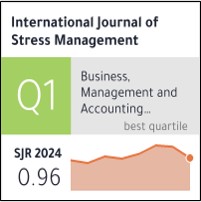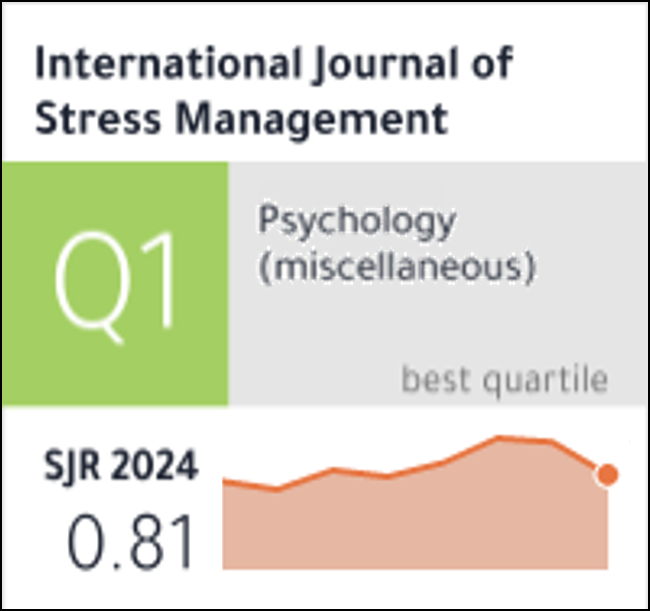History of APA
APA was founded in July 1892 by a small group of men interested in what they called “The New Psychology.” The group elected 31 individuals, including themselves, to membership, with G. Stanley Hall (1844-1924) as its first president. APA’s first meeting was held in December 1892 at the University of Pennsylvania. The basic governance of the APA consisted of a council with an executive committee and this structure continued till the beginning of the twenty-first century. APA’s founding was part of a large number of changes occurring in the United States then, including:
- The emergence of academic disciplines such as psychology, economics, political science, biochemistry and physiology. These new disciplines quickly developed advanced degrees that provided credentials to validate the disciplines’ members as experts.
- The progressive movement in politics which called for a more efficient, less corrupt, social order.
The synergy of these two developments — specialized expertise and rationalized government — helped create the need for trained personnel to fill the new professional niches created by the demands for a more efficient society.
Today, APA is the largest scientific and professional organization representing psychology in the United States, with more than 121,000 researchers, educators, clinicians, consultants and students as its members. APA also has 54 divisions in subfields of psychology and more than 500 staff members who track trends in the field of psychology; create content to educate the public about mental health, behavior and psychology’s scientific basis; publish peer-reviewed journals, books and other products; maintain databases; identify and advocate for key federal policies and legislation.
Our mission is to promote the advancement, communication, and application of psychological science and knowledge to benefit society and improve lives. We do this by:
- Utilizing psychology to make a positive impact on critical societal issues.
- Elevating the public’s understanding of, regard for, and use of psychology.
- Preparing the discipline and profession of psychology for the future.
- Strengthening APA’s standing as an authoritative voice for psychology.




